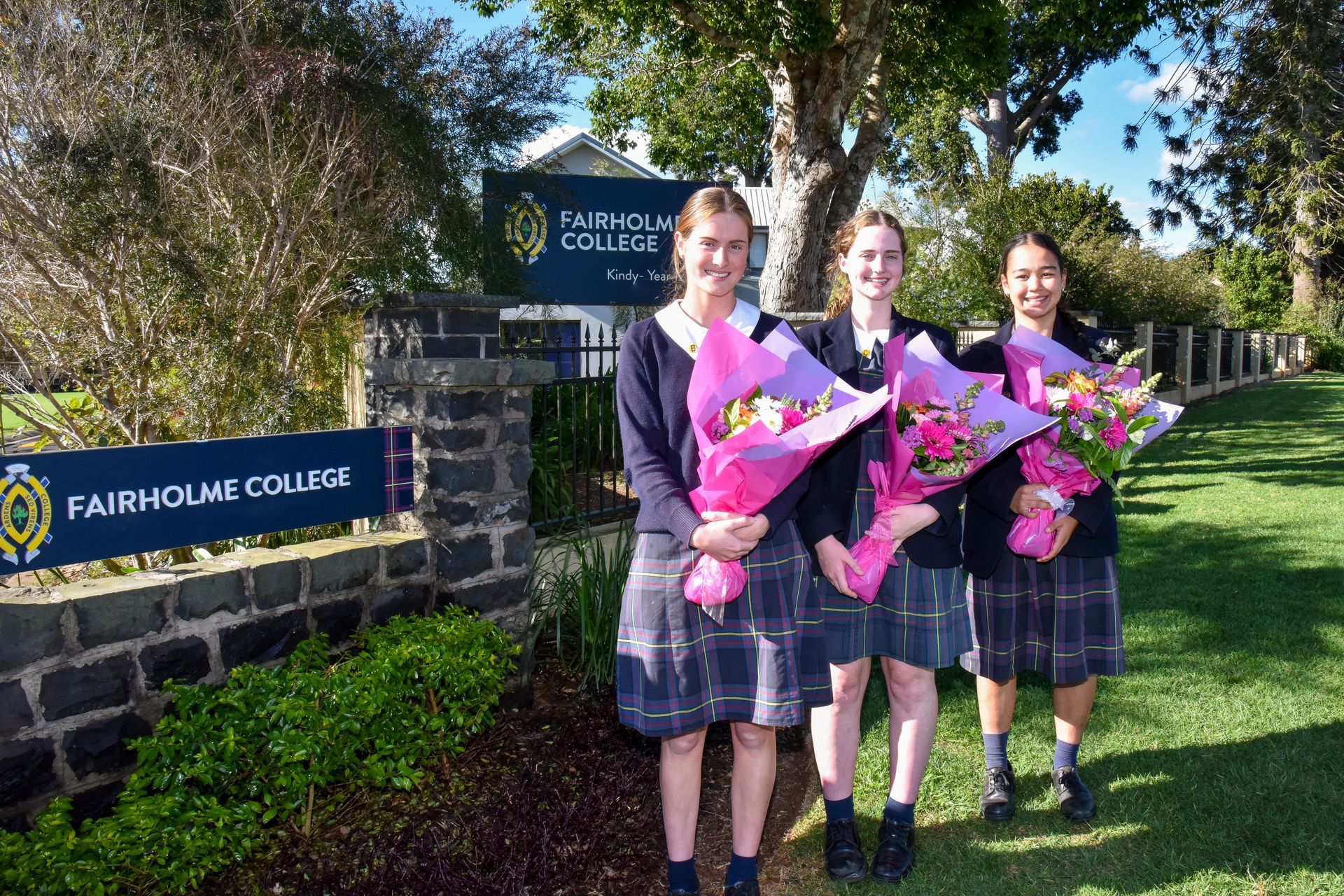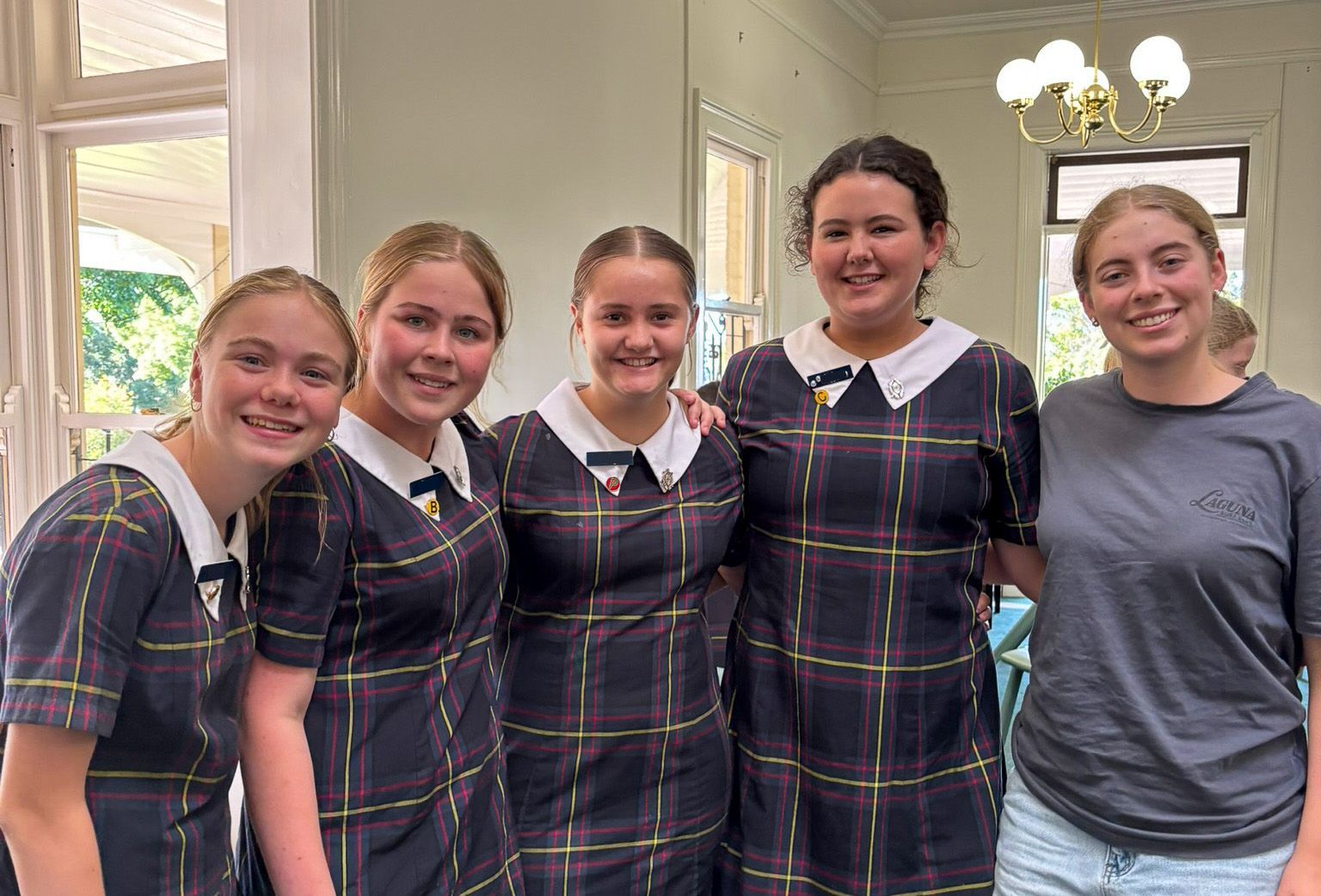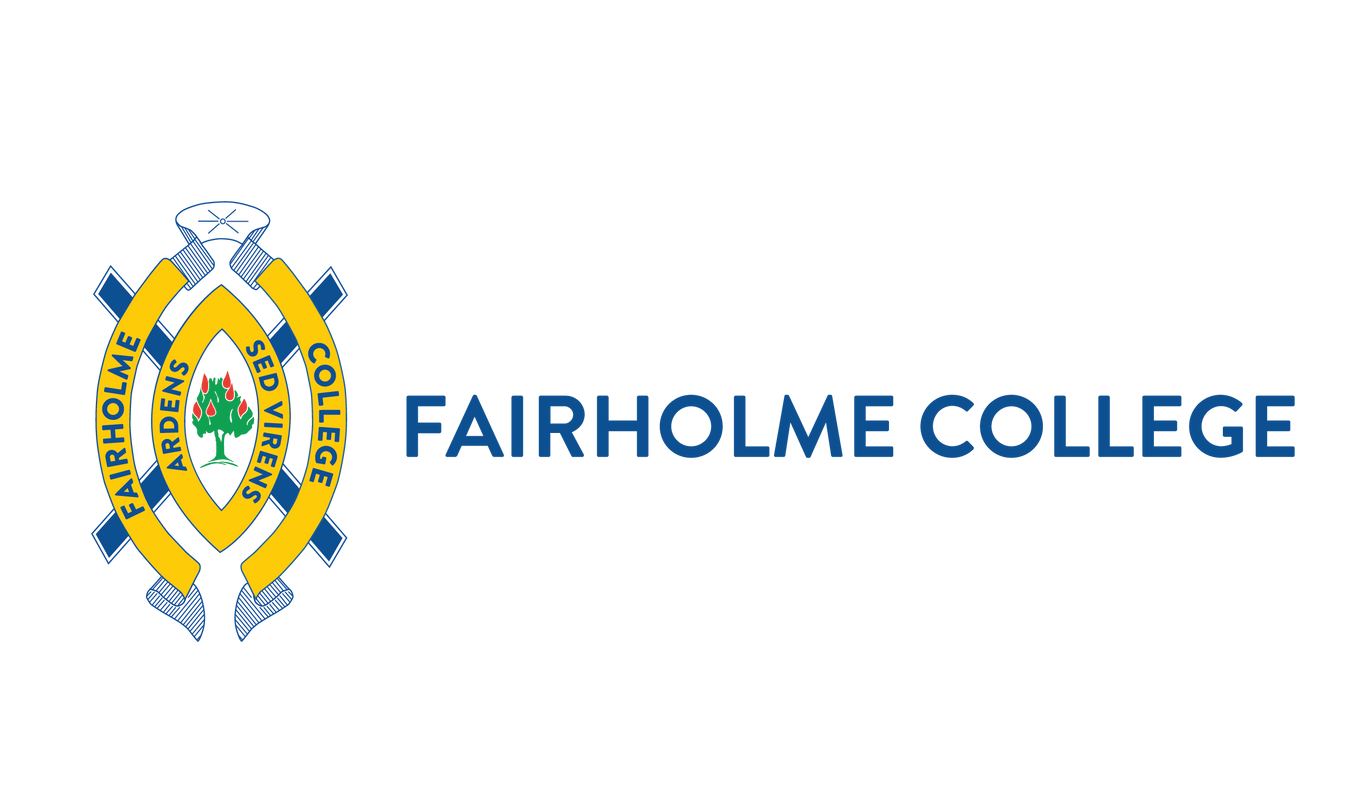The Third Quarter
It’s not that I’m smart, it’s just that I stay with problems longer.
It’s not that I’m smart, it’s just that I stay with problems longer. Most people say that it is the intellect which makes a great scientist. They are wrong: it is character. (Albert Einstein)
It would be remiss of me not to write of the importance of the way we approach the third quarters in our lives. After all, it’s a freezing cold Saturday afternoon, the wind is howling, tree branches are looking ominously fragile, a huge proportion of the population of Australia is in lockdown, and we are in the beginning moments of the third term. Having been raised on a steady diet of Netball playing and coaching, AFL spectating, and too many school terms to number, the significance of this phase of the year resonates with me. Coaches might well share the cliché – this is when the tough get going because the going is tough. It is, as I often say, ‘the premiership quarter’, the quarter or the term where winter blues and the anticipation of a finish too far out of sight can lead us to despair or poor choices. We must persist, persevere when we would rather avoid, and simply get on with what lies ahead of us. We really must. Because that, in the well known words of poet Robert Frost, will make all the difference. Those that are strong finishers, those that don’t quit and those that work through adversity possess a sometimes underrated gift.
As my daughter, and millions of others face their fifth Melbourne lockdown, I ruminate about her resilience and ability to persevere, again. I imagine myself living solo in a one-bedroom apartment and come up quickly for air, conjuring suffocating thoughts of isolation and loneliness. Yet again, she surprises and delights me when I receive two bouncy texts from her on Thursday afternoon – ‘Just thought I’d let you know I’m fully vaccinated,’ replete with a photo of her arm with sticking plaster, and the next, when I proffer sympathy for her situation, ‘Lockdown is what it is – no point getting het up when it’s out of my control.’ I know that should there be a protracted stay-at-home period, her texts may eventually yield a less optimistic tone but, for now, the mother in me is deeply comforted by her impressively positive mindset.
I’m not sure if it’s a bridge too far to equate repeated lockdowns with third quarters but the common thread lies in outlook and mindset. What do we do when the finish line seems an interminable distance away? What do you do when you win the first set of the Wimbledon Singles final but falter in the second set and go down 7 – 6? If you’re Ash Barty then you rise to the challenge with the tenacity and perseverance that typify her enviable trademark. Tennis legend Billie Jean King summed it up in her tweet acknowledging Barty’s win - Congratulations to World No. 1, @ashbar96. With incredible versatility, perseverance, and focus, Ash Barty is an inspiration to the next generation of young players in Australia. Well done! Tennis is, after all, a game about mindset and … perseverance (Pranjal, 2021).
Perseverance is one of those soft skills that is written about ubiquitously in leadership blogs, self-help books and positive psychology posts. That does not diminish its worth as a skill. Barty oozes it. We require it. We don’t just require it - we need it in our metaphoric third quarters, the ones that bite hard, when fatigue sets in and when our focus falters – the moments when we can’t see beyond the immediate – or when tragedy and trauma befall us. Martin Seligman (2011), arguably the father of the positive psychology movement, writes insightfully about responses to trauma which can lead to growth outcomes. Using the motif of a fork in the road he explains that we can, in the right mindset, negotiate life’s deepest paradoxes – ‘loss and gain, grief and gratitude, vulnerability and strength.’ Our mindset, our attitude, our outlook are our filters for life. Oscar Wilde captured this in a poem drawn from his own experience as an inmate – ‘two men looked out through prison bars, one saw mud, the other, stars.’
When I reflect on the thousands of students whose learning pathways I have followed, the nouns that I associate with those who have long-term life success are work ethic, determination, persistence, and growth mind set. In fact, accomplishments into the future draw deeply from the well of these character traits – often far more so than intelligence quotients. These are the key qualities required when traversing the metaphoric premiership quarter, the quarter that sets a team (or an individual) up for the final run home. Teachers can identify those students who possess a growth mindset in a millisecond; we all have friends who have the miraculous ability to be optimistic in the face of difficulty. Consider our role as parents in the perseverance dialogue; after all, there’s no avoidance of the reality that our example is crucial. Barty puts it this way, ‘Mum and Dad have taught me everything that I’ve learned in life. They [have] taught me the values to live by. I feel like I have very strong values because of them’ (cited in Bruno, 2019).
To develop a gritty teen, we need to praise kids not for being smart or showing up, but for their hard effort. We need to infuse optimism and humour into their lives. We need to train them to hang in there. We need to show them how to plug along toward long-term goals even when they trip and fall. (Holland, 2015)
So, as we enter the third quarter, let us approach it with vigour and persistence, knowing the ability to do so will hold us in good stead not just now, but long into the future. Albert Einstein opens and closes this article for us, appropriately so – a master of ingenuity, creativity and praiseworthy perseverance – ‘I think and think for months and years. Ninety-nine times the conclusion is false. The hundredth time I am right.’ Albert Einstein
Dr Linda Evans | Principal
References
Bruno, V. (2019). Ash Barty’s rise to the top a testament of character and persistence
Fairfax, W. (2019). Fearless French Open Champion: Ash Barty
Holland, J. (2015). Grit: The key ingredient to your kids’ success. ‘The Washington Post’.
Pranjal, S. (2021). On Tennis and Perseverance
Seligman, M. (2011). Building Resilience. ‘Harvard Business Review’. March 31, 2011 11.00pm.
More News…







